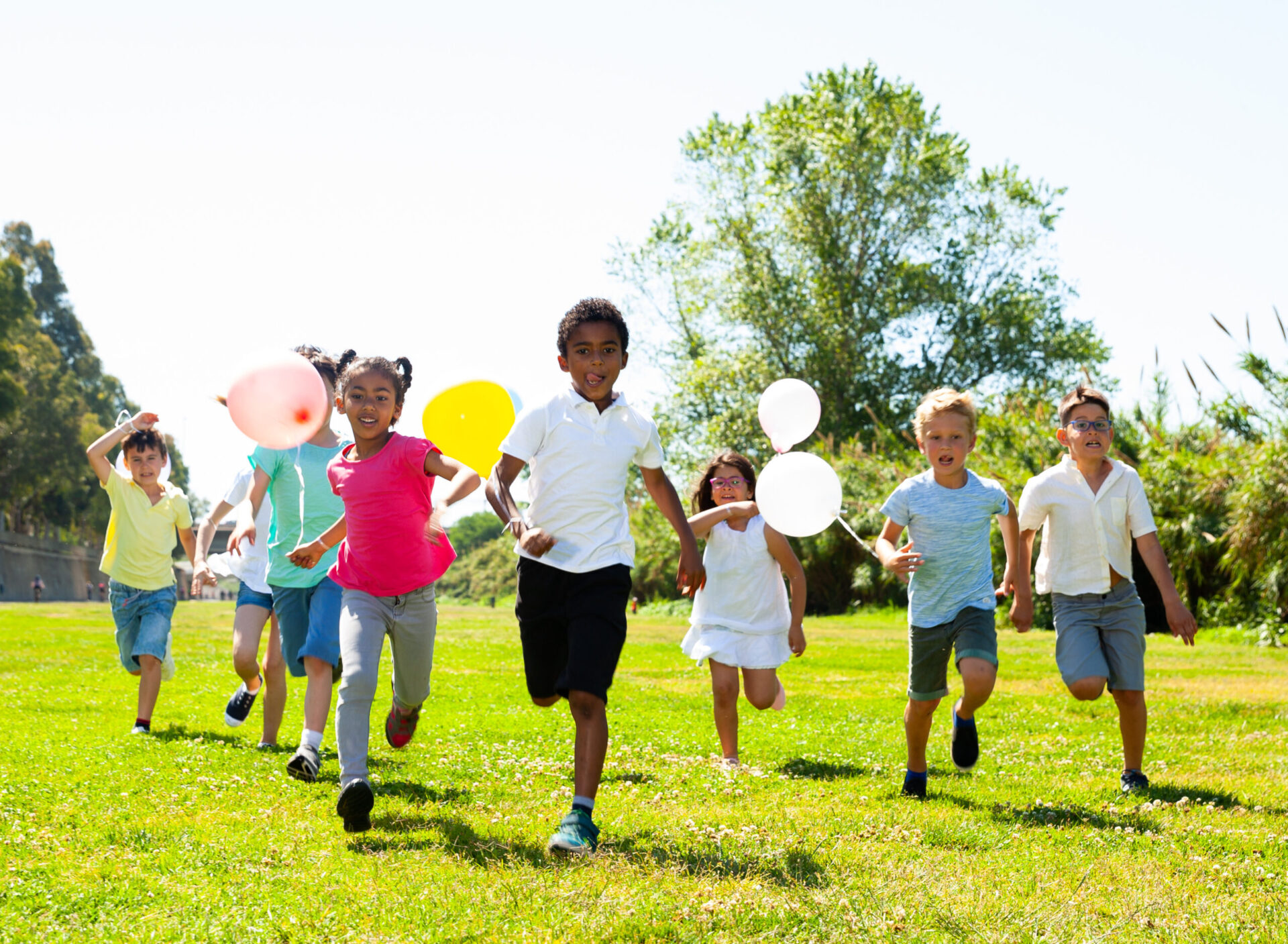Previous studies have found many benefits to interacting with nature regularly for both adults and children, including increased relaxation, time away from computer screens, enhanced physical health, and diminished stress. In March 2020, most of the world was on lockdown because of the COVID-19 pandemic, forcing children to transition to online school and spend more time indoors and at home. In-person schooling provided the opportunity for children to engage with the outdoors during their scheduled break time, but many online schooling options lack these essential programs to encourage children to spend time outside. The lockdown during the pandemic led the Center for Family Research at the University of Cambridge to conduct a study investigating how the pandemic and the shift in interaction with nature have affected children’s mental health.
Researchers have shown that regularly spending time outdoors in nature can reduce stress.
Image Source: Catherine Delahaye
The study focused on how children’s ties to nature during the pandemic influenced their emotional and behavioral experiences, additionally highlighting the role socioeconomic status has in influencing the relationship between activities in nature, emotion, and behavior. The researchers analyzed data from a survey taken by parents in the United Kingdom about their child’s interaction with nature. The survey consisted of information on children around six years old, and their socioeconomic status was measured according to the caregiver’s occupation, education, and amount of space in the home. In the surveys, 63.6% of parents reported that their child’s relationship with nature changed during the pandemic with 54.8% of parents reporting a positive change and 7.2% of parents reporting a negative change. The study further concluded that children in families having higher incomes exhibit increased interaction with nature. Thus, access to opportunities to explore natural spaces contributes to the degree of connection to nature in many families. For instance, children in families where parents are consistently working may have fewer opportunities to connect with nature because of less time available to spend outdoors.
The survey also recorded the level of behavioral and emotional problems in children according to their caregivers during the pandemic. The study classified emotional problems as the level of anxiety a child felt and behavioral problems as how well the child cooperated with the caregivers. Children who expanded their relationship with nature experienced fewer behavioral problems compared to children who had no change or decreased their relationship with nature. For changes in emotional problems, children who decreased their connection to nature during the pandemic had increased emotional problems. However, no significant differences were found in the emotional problems of children who had no change or positive change in connection to nature. Thus, in these results, we see the importance of engagement with nature to behavior and emotion in children around 6-years-old.
The results of the study emphasize the necessity of planning time outdoors for children because engagement with nature boosts mental health in relation to behavior and emotions.
Featured Image Source: JackF










